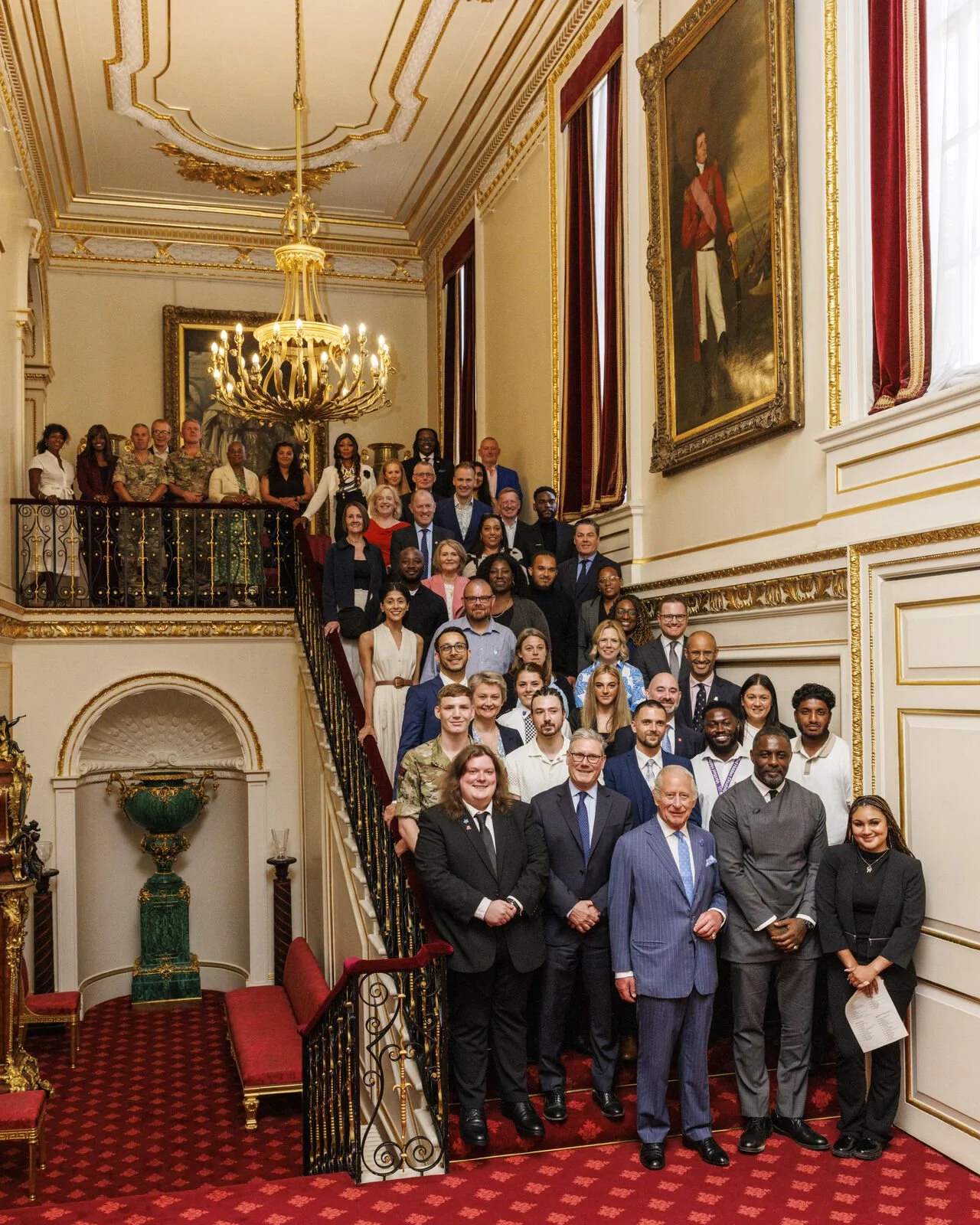Assistant Professor at the Medical Research Council Cognition and Brain Sciences Unit, University of Cambridge.
Dr Amrit Kaur Purba is an interdisciplinary social scientist specialising in the digital determinants of health, with expertise in public health, epidemiology, causal inference, and evidence-based policy. Her research investigates how digital environments like social media can causally influence adolescent health and wellbeing, and how these factors may contribute to health inequalities at the population level.
Research
With a diverse background spanning clinical practice, policy, industry, and academia, Dr Amrit Kaur Purba brings a unique interdisciplinary perspective that bridges clinical and population-level insights across healthcare, academia, policymaking, and industry. She is highly skilled in advanced statistical and epidemiological methods, with a particular focus on causal inference applied to observational data.
Dr Purba is committed to conducting inclusive research that prioritises underrepresented youth, critically evaluating the digital determinants of health and how online environments shape adolescent health, wellbeing, and behaviour. Using advanced causal methods, observational data, and data donation, she examines how platform design and content exposure influence health outcomes, while identifying who is most vulnerable and why.
Her work yields actionable, real-time evidence to provide policymakers and regulators with the tools and information they need to keep pace with changes in technology, in order to best protect the public.
As a strong advocate for collaboration, Dr Purba brings together researchers, policymakers, and industry professionals to develop transparent, ethical approaches for accessing and analysing digital engagement data. She leads efforts to advance participatory digital research, co-producing tools and frameworks with young people, including youth-led social media data annotation pipelines and the integration of lived experience into data collection and interpretation.
Her research embeds structured engagement with Youth and Policy Advisory Groups, ensuring diverse perspectives shape research priorities and outputs. By combining methodological rigour, youth participation, and global collaboration, her work aims to build a sustainable, interdisciplinary ecosystem for understanding and addressing the health impacts of digital environments and the inequalities they may potentially introduce/reinforce.
Research Interests
Digital Determinants of Health
Adolescent Health & Wellbeing
Social Psychology
Intersectionality & Social Justice
Open Research & Meta-Science
Public Health
Health Inequalities
Causal Inference in Observational Data
Epidemiology
Social Determinants of Health
Participatory & Inclusive Research
Online Platform Data Donation
Impact & Recognition
Dedicated to enhancing scientific rigour, Dr Purba effectively communicates her findings to alleviate public concerns. Her work, supported by national and international funders, charities, and foundations, has been recognised in numerous high-impact, peer-reviewed publications, including the prestigious British Medical Journal. These contributions have significantly influenced health policy and provided guidance to educators and caregivers worldwide, helping to leverage digital media as a tool for promoting health rather than impeding it.
Dr Purba plays a crucial role in public health initiatives focused on the digital determinants of health, actively working to reduce health inequalities. Recognising the broader societal implications of her work, she engages with policymakers, regulators, and the media to communicate research findings and provide expert guidance. Her work has had significant national impact, and she currently serves as an expert advisor to 10 Downing Street, the Department for Education, the Home Office, Ofcom, the Department for Science, Innovation and Technology (DSIT), the Metropolitan Police, and the National Police Chiefs’ Council.
She has informed UK Government policy on youth social media use as Deputy Director of DSIT’s Commission on Social Media and Youth Health and as a member of the Department for Education Technical Advisory Committee. She is also a member of the UK Government Anti-Knife Crime Coalition, advancing cross-sector solutions to reduce youth violence online and offline.
Internationally, Dr Purba serves as an expert advisor to the United Nations and is part of the Technology Harms Forensic Research Collaborative at Cornell University, serving on the founding team of an international, multi-institutional initiative spanning the UK, US, and global partners to establish a digital harms research hub.
Dr Purba's research and insights have been showcased at numerous UK and international conferences, and she has been featured in media outlets such as the BBC, The Times, Forbes, Independent, and The Scotsman. She has received several prestigious awards, including the Sigma Theta Tau International Honour Society Award, the Royal College of Nursing Foundation Trevor Clay Award, the University of Cambridge Talk Like TED Award, the University of Oxford’s Outstanding Postdoctoral Research Award, and the University of Glasgow’s World-Changing Alumni Award – Highly Commended.
Youth Opportunity Summit at St James’s Palace.
Hosted by His Majesty King Charles III through the King Charles III Charitable Fund and The King’s Trust, recognising the UK Anti-Knife Crime Coalition’s efforts. Attended by Idris Elba, Sir Keir Starmer, Baroness Lawrence, Home Secretary Yvette Cooper, Secretary of State Lisa Nandy MP, and youth campaigners with lived experience.
UK Anti-Knife Crime Coalition Roundtable at No. 10 Downing Street.
Hosted by Prime Minister Sir Keir Starmer, with Home Secretary Yvette Cooper and Idris Elba also present.
United Nations Office on Drugs and Crime, Technical Consultation Meeting on Social Media and Drug Use Prevention.
Recent media contribution: Idris Elba: Our Knife Crime Crisis (BBC, 2025)
Recent Publication
Addressing Youth Violence on Social Media: Time to Prioritise Digital Sanitation, BMJ Archives of Disease in Childhood (2025)












